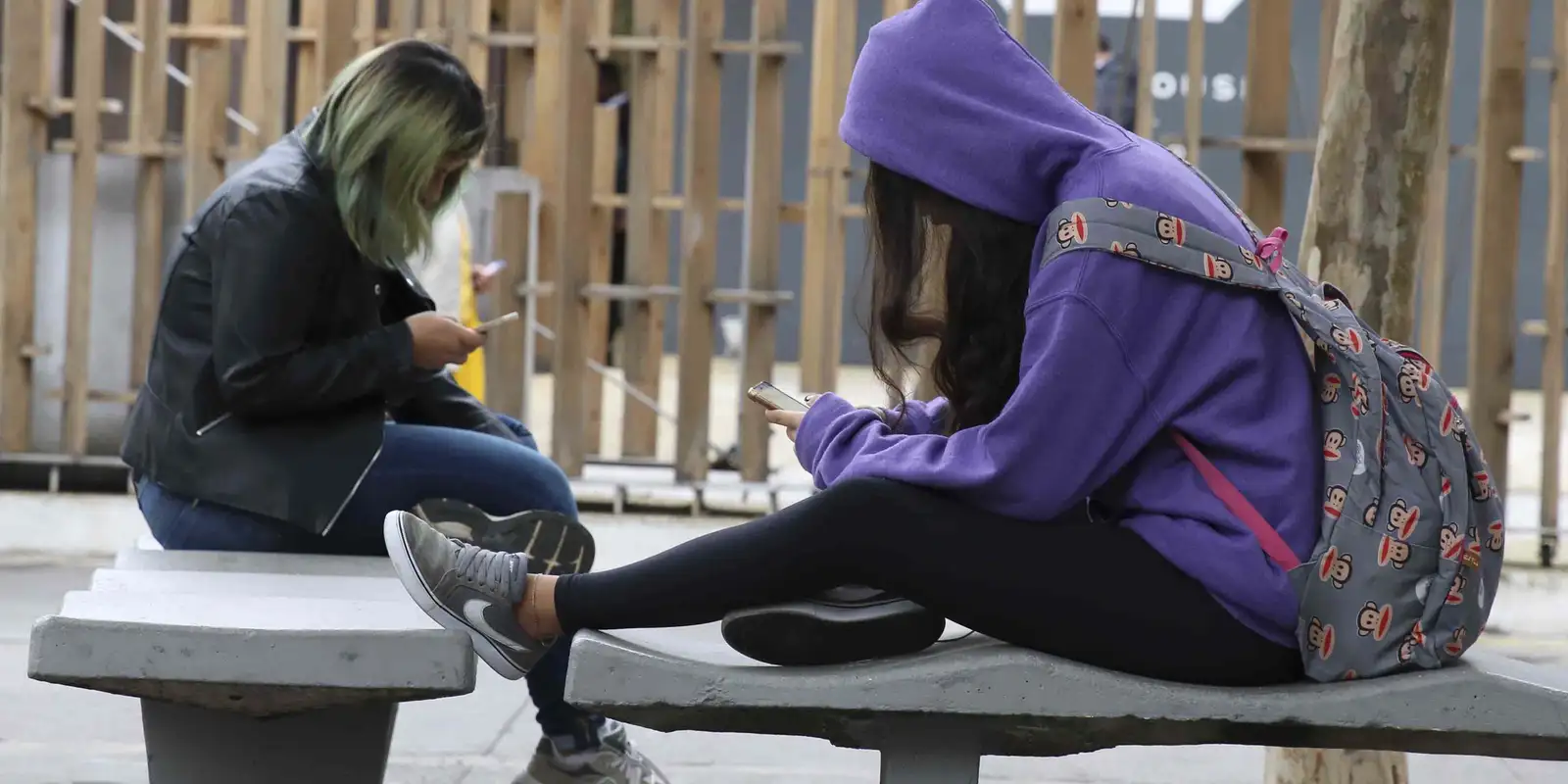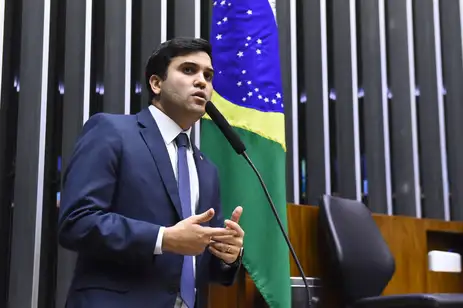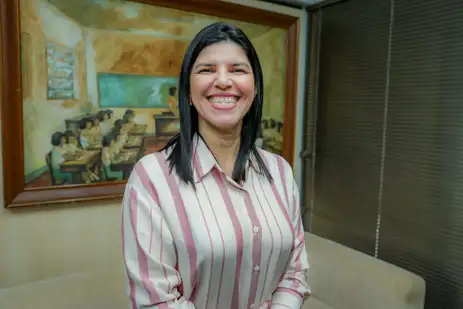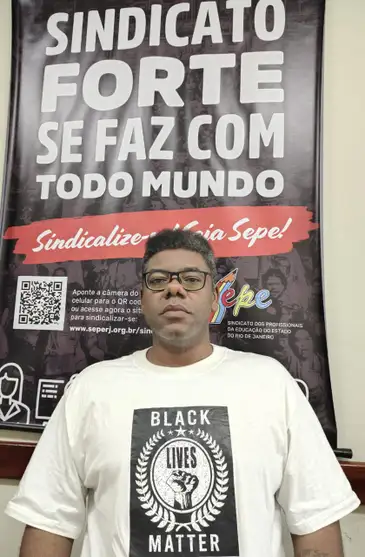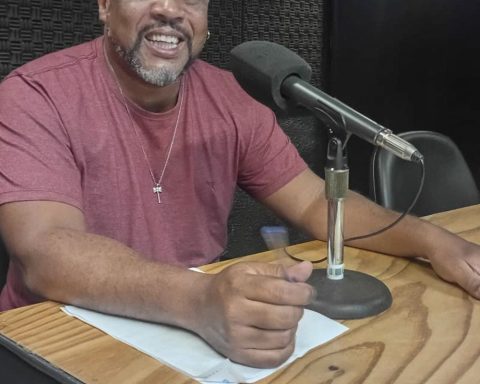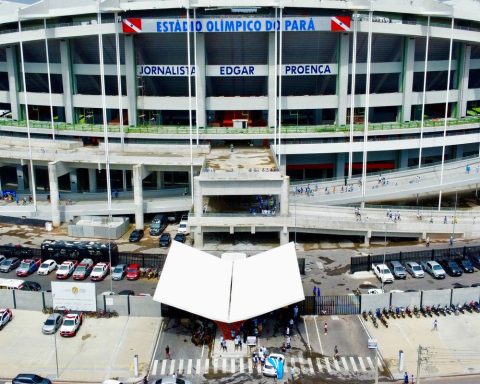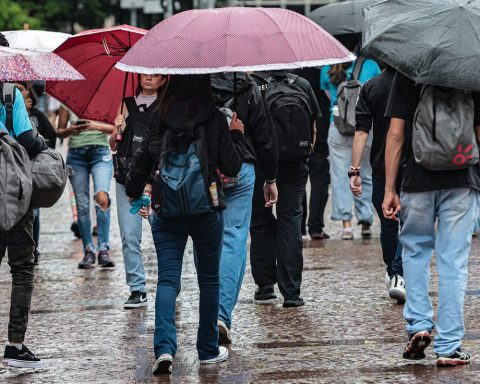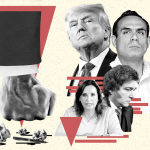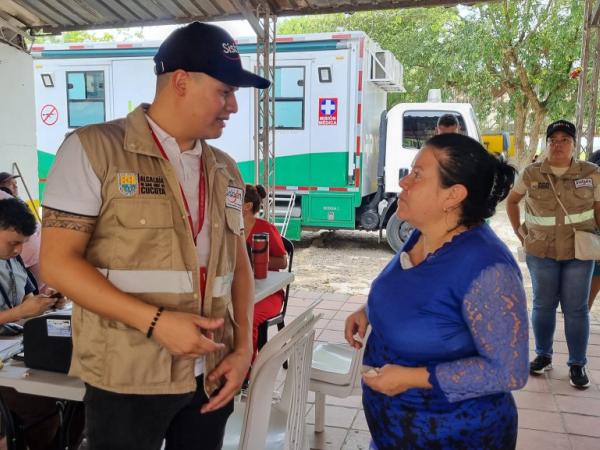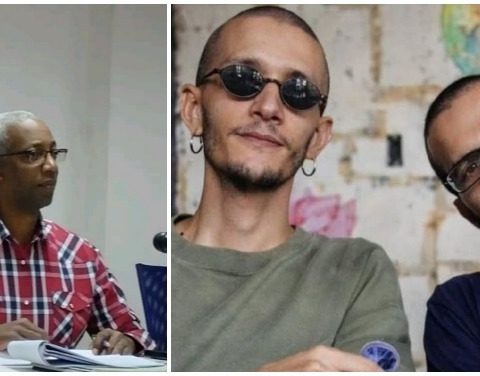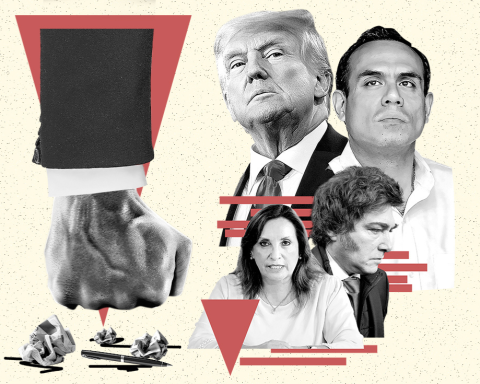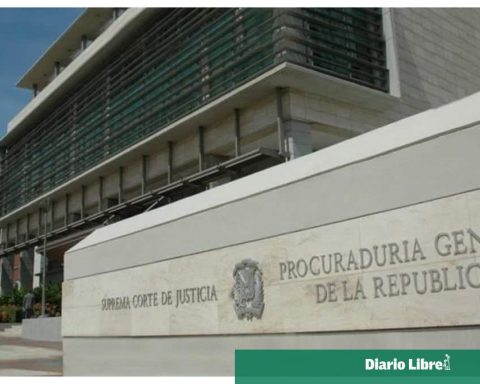After approval by the National Congress, the law that prohibits the use of cell phones in public and private schools, both in classrooms and during recess and breaks, was sanctioned this week by President Luiz Inácio Lula da Silva. The devices continue to be permitted for pedagogical use, that is, when authorized by teachers as a classroom instrument.
To the rules are nothing new for the city of Rio de Janeirothat since August 2023 a decree prohibits the use of devices in schools. It is also nothing new in Ceará, which has had legislation since 2008 that restricts the use of the device in classrooms.
THE Brazil Agency spoke with representatives from the respective Education departments to find out how the rules have been applied in education networks.
In Rio de Janeiro, according to the municipality’s Secretary of Education, Renan Ferreirinha, the ban on the use of devices is already showing results in schools. “There is a perception of principals telling us how playgrounds have become noisier again, how they have become more school-like again. What was observed was that the playgrounds were leaving children isolated on their own screens without interacting with each other. This is very serious. We once again had this greater interaction during recess,” he said.
The secretary explains that schools have the autonomy to define the best way to put the measures into practice. “Or [o estudante] He arrives at school and puts his cell phone in his backpack, which has worked very well through an awareness process, a very strong process of dialogue with the entire school community. Or some schools also collect cell phones and return them later. We support these measures, but this varies from what each school is able to do within its agreement”.
Regarding sanctions for those who break the rule, Ferreirinha says that schools have instruments and protocols. “Imagine a student who is talking in the classroom, who doesn’t stay quiet, or another who is sleeping, what do you do? Does the teacher not draw attention? If it’s again, warn the student, if it’s the third time, tell him to the school management. The school management calls the person in charge. In fact, schools are much more prepared to deal with these situations than we imagine. What we need is a great social agreement, which says that this is not the case. can happen and that gives support to schools be able to implement and call on families to support us in this”.
Ferreirinha, who as a federal deputy was rapporteur at the Constitution, Justice and Citizenship Committee of the Chamber of Deputies for the bill that led to the law sanctioned this week, explains that the intention is not to remove technology from schools, but to encourage it to be used for learning purposes.
“We think that technology can play a fundamental role in education. Now, it has to be used consciously and responsibly. There has to be a time for everything, because otherwise, instead of being an ally, it becomes an enemy of the educational process”, he argues.
“What we cannot think is normal is the student having their cell phone in the middle of class, using it, watching a little video on Tik Tok, playing the little tiger game, while the teacher is trying to teach. This cannot be considered normal”, he adds.
Ferreirinha highlights that the new law “places Brazil in the select group of countries that have already managed to have national legislation and face this challenge”.
France, Spain, Greece, Denmark, Italy and the Netherlands already have legislation that restricts the use of cell phones in schools. “This is an issue that begins with and has the protagonism of public education, demonstrating that it is possible to have public education at the forefront, of quality”, he praises.
Old law
In Ceará, Law 14,146, of 2008, prohibits both the use of cell phones in schools during class hours and outdated devices, such as Walkman, Discman, MP3 player, MP4 player, iPod, beeper, pager.
According to the executive secretary of Secondary and Professional Education at the Ceará State Department of Education, Jucineide Fernandes, not all schools were able to comply with the measure, “which ended up being left aside”.
After the Rio de Janeiro decree, in 2024, the Public Ministry of the State of Ceará (MPCE) recommended that the law be complied with, that public and private schools guide the directors of educational units to prevent the use of cell phones and other equipment similar during classes.
“We then sent a recommendation to schools to ban the use of cell phones in the classroom,” said Jucineide Fernandes. And after the new federal law was enacted this week, she said that new guidance was sent to educational centers. “Now advising that the school community be called upon to change the school regulations, and that this prohibition be followed by the school within the rules of its regulations and that they also think about how these resources will be used during pedagogical moments because, in our network, we distribute tablets and chips to students”.
Also in Ceará, it is up to schools to define the best way to implement the measures. Boxes for storing cell phones and loss of points in evaluations are some of the strategies used to prevent students from becoming distracted in classrooms with cell phones.
According to the secretary, so that the new law does not end up being violated as was the case with the old one, it is necessary to closely monitor the secretariat and also raise awareness, as stipulated in the new law. “We need to think not only about the ban, but also about what the law itself provides, such as lectures, guidelines, thinking about the issue of misinformation, digital culture, which is even part of our curriculum in full-time schools”, he explains.
For Jucineide Fernandes, banning the use of cell phones at school, except for pedagogical purposes, is an important measure. “The use of screens is very widespread, including among us adults. We think that the ban is important for the student to concentrate more, so that the student can also socialize with others, talk. So, we believe that the ban will bring greater attention and focus to students during class time”, he argues.
Framework Challenges
The new law received praise, but also raised challenges faced in schools which can make it difficult to put it into practice.
In Rio de Janeiro, those who already deal with the issue explain the difficulties faced over the last year.
According to the general coordinator of the State Union of Education Professionals of the State of Rio de Janeiro (Sepe), Diogo de Andrade, also a teacher in the municipal network, the implementation also comes up against the conditions found in schools, where there is often a lack of structure and teachers need dealing with crowded classes.
“The challenges are, mainly, the structure for you to guarantee that students will not use their cell phones in the classroom. This means that there is no point in having a law that prohibits the use of telephones if we have crowded classrooms where the teacher cannot have access to what is happening, for example, at the back of the classroom. So, the more students per class, the less ability the teacher has to verify whether the law is being complied with”, he warns.
For him, the effort to comply with the law must involve the entire educational structure, from the Municipal Department of Education, the State Department of Education, to schools.
“My practice is to always inform you at the beginning of class that you cannot use your cell phone. And those students who insist on doing so, we forward them to the pedagogical coordination, we forward them to the management, so that it can be registered, so that the parents can be called. But it is often a matter of drying the ice, because teenagers, and increasingly earlier children, arrive at school already with a situation of addiction to social networks, addictions to games, even to betting, to betting sites, which attract their attention. on the device, in the virtual world, we already realize that they don’t look ahead, they look down all the time”.
Diogo de Andrade says that now, with the federal law, schools will have another argument to use with students, but argues that it must be accompanied by effective measures so that the rule is actually implemented.
“We still have a very big difficulty, which is, from the moment we say ‘you can’t use your cell phone’, the professional in the classroom doesn’t feel comfortable taking the student’s cell phone, because if the professional takes the student’s cell phone and then the cell phone falls to the floor and the student says ‘my cell phone didn’t have a cracked screen’. And there? Who pays for this loss? Very objectively, there is still a lack of structure to guarantee that cell phones are not used in the classroom”, he reinforces.
The law
The law sanctioned by President Lula restricts the use of cell phones in the classroom and during breaks, for personal purposes, but there are exceptions, such as use for pedagogical purposes, under the supervision of teachers, or in cases of people who need support from the device. for technological accessibility or for some health need.
A presidential decree, scheduled for 30 days from now, will regulate the new legislation, so that it comes into force at the beginning of the school year, in February.
